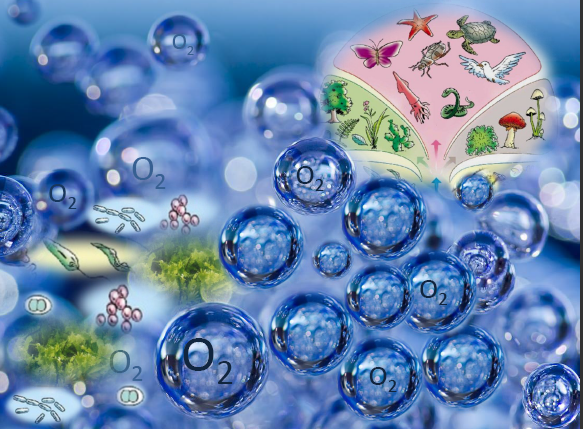

In Brazil, there is also an increasing concern about the risk of bioinvasion, mainly in the Amazon Basin and the coastal adjacent areas that can trigger a secondary spread. The last two decades were marked by many attempts in addressing the risk of bioinvasion through ballast water and biofouling on ships’ hulls and surfaces. In addition to that, legislation and supervision must be improved. However, research in the field is necessary so that invading organisms are discovered prior to the pollution.

The results show that Brazil has a concern over the issue and the national legislation proves the effort to prevent marine pollution. The research used the legal and theoretical methodology, deductive reasoning and literature from technical and government sites. At the national level, Brazil has important institutions for marine environmental protection such as ANVISA, the National Health Surveillance Agency ANTAQ, National Agency of Waterborne Transport and broad legislation such as Law (6938/81), the National Environmental Policy the Criminal Environmental Law (9.605/98) and, specifically, NORMAM 20, issued by the Brazilian Navy’s Directorate of Ports and Coasts, which states that every ship to moor at national ports must prove the exchange of ballast water at sea. In an attempt to avoid environmental and economic losses, several conventions and international treaties were agreed between countries such as the United Nations Convention on the Law of the Sea, 1982, adopted in Montego Bay. It was discovered that ballast water has become one of the fastest forms of marine pollution because it acts quietly. That is important, considering ballast water has become a national and international risk with serious consequences such as bioinvasion. This article analyzes the use of water as ballast to balance the vessels, as well as the existing legislation in the country that protects, monitors and punishes those who are responsible for illegal shedding in national jurisdiction waters.


 0 kommentar(er)
0 kommentar(er)
